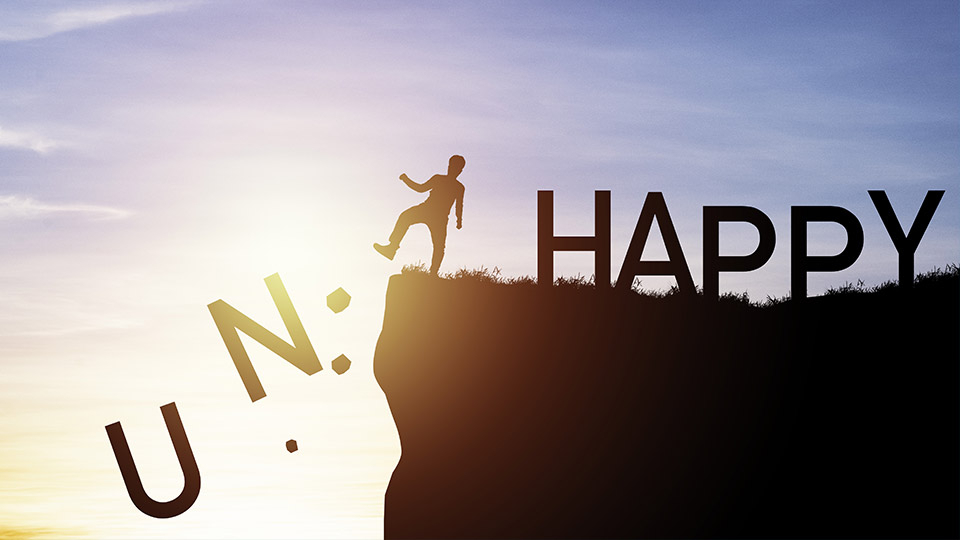Do you ever think about what emotions drive you to behave in the way you do? It’s something I often find myself pondering. In fact I am writing a book about it. And the topic came up again a few days ago, when I attended a session at a book festival where three talented up-and-coming female authors were presenting their recent novels. Salena Godden was talking about Mrs Death Misses Death; Jennifer Nansubuga Makumbi was showcasing The First Woman, while Lucy Jago was discussing A Net for Small Fishes. I asked the three authors what emotions had sparked their writing. Their answers were very specific: Salena Godden was driven by love, Jennifer Makumbi by anger, and Lucy Jago by indignation. Anger and indignation are typically labelled as negative emotions. But are they? Experiencing anger and indignation at the injustice suffered by women in this and previous centuries has led these two authors to produce two beautiful books. Surely this act is a wonderful thing and any emotions that have triggered it must be a good thing too, right?
“History is a sum of people’s actions and their actions are driven by emotions,” suggested Lucy Jago. Regrettably, we live in a world which has been neglecting emotions for far too long. A world where people in some (mostly Anglo-Saxon) cultures attempt to repress “negative” emotions for fear of being seen as weak, thus creating what Susan David - an award-winning Harvard Medical School psychologist - calls “the tyranny of positivity”. On the other hand, people in other cultures (e.g. in the Balkan countries) often attempt to crush any sustained expression of positive emotions for fear of being judged frivolous for being happy. In so doing they create a tyranny of negativity. What both approaches have in common is that they habitually beat and batter emotions, malnourishing them, desperately trying to deny them their de facto power over our decision-making while simultaneously trying to shove them into holes they don’t fit into. Emotions take their revenge for this mistreatment: the more we try to deny them, the more they surreptitiously take full control of all our actions.
One of the ill-construed ideas that we have cobbled together is to attach the labels “bad” and “good” to emotions. According to David, when we judge emotions as either “bad” or “good”, we repress or deny those that we label as “bad”. She goes on to argue that when we are conscious of our emotions and do not think we are them, they become simply data points that help us to understand ourselves. For instance, feeling frustrated, irritated, angry or melancholy tells us something we need to know about how we are experiencing the world, signalling that we ought to consider changing something in it or in us. Allowing ourselves to feel not only the easier flowing emotions but also the tougher ones builds our agility to weather life’s inevitable storms.
Any emotion can navigate us to a better or worse outcome. Some emotions carry more potential for change than others, regardless of whether they are hard or easy to sit with. Behind every activist sits at least one emotion - anger, indignation, rage or the like - that is difficult to bear and could be labelled as “bad”. Conversely, to quote Andie MacDowell’s character in “Sex, Lies and Videotape” “…being happy isn't all that great. I mean, the last time I was really happy... I got so fat. I must have put on 25 pounds.” Judging an emotion for being good or bad is a meaningless line of enquiry – what can be judged as good or bad are our actions and our actions alone.
So, my advice to myself, to my kids and to you is this: let yourself fall into your personal net of emotions. Remember that, in themselves, they are neither good nor bad unless we overlay that judgement onto them. And crucially, no matter how hard or easy emotions feel, they are all transitory and will pass sooner than we think.






